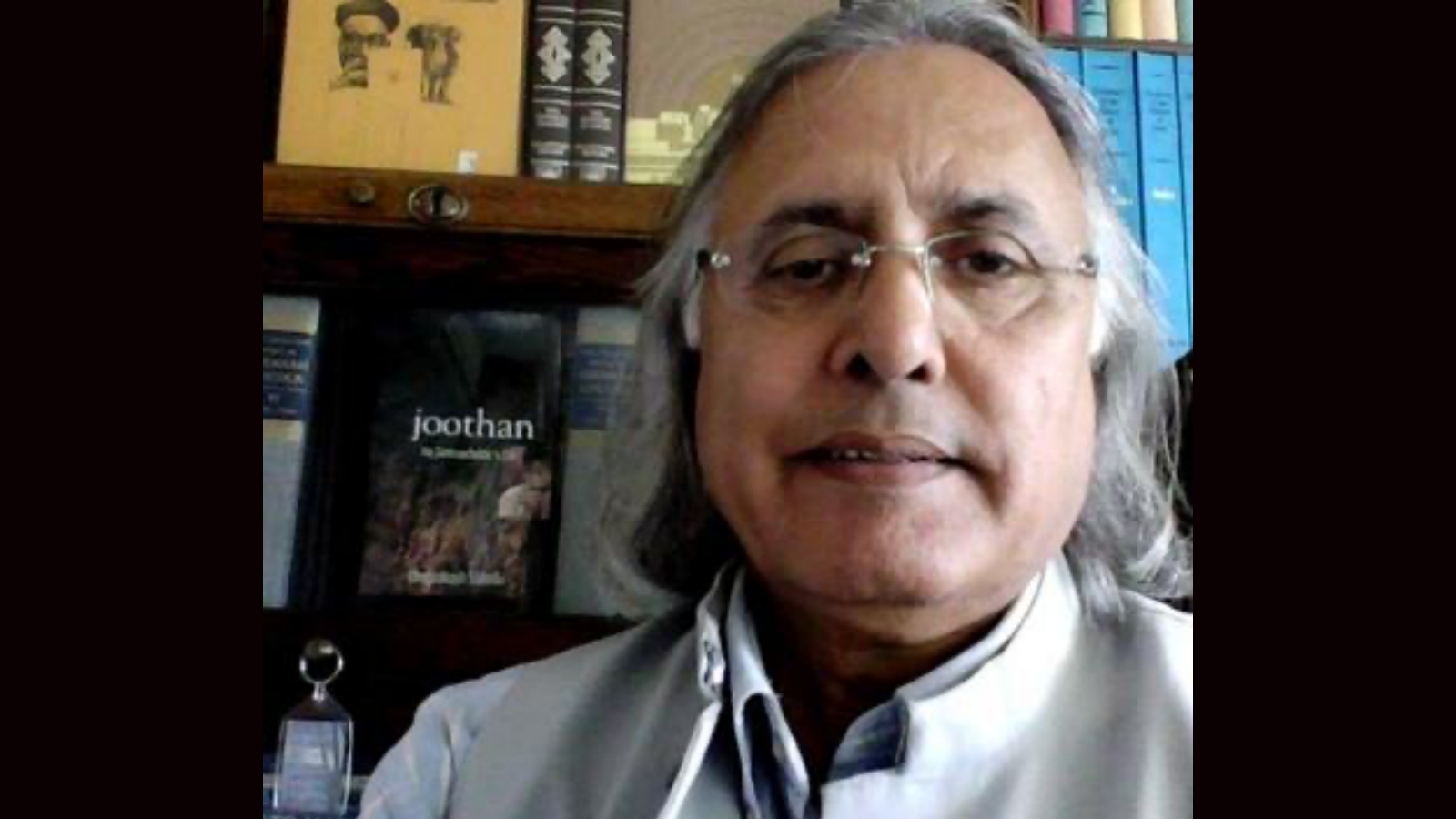 |
|
Ujjal Dosanjh, a former premier of British Columbia and a prominent figure in the Indian diaspora, has launched a scathing critique of the Trudeau government's handling of the growing Khalistani movement in Canada. He argues that the recent clashes between pro-Khalistan and pro-India groups, culminating in violence outside a Brampton temple, are a direct consequence of the government's inaction towards separatist activities and hate speech.
Dosanjh, who has consistently condemned Khalistani extremism, points to a shift in Canada's political landscape since Trudeau came to power in 2015. He alleges that the government's rhetoric has become more accommodating towards separatist sentiments, with Trudeau's language regarding India's territorial integrity changing from “commitment” to “respect.” This, coupled with the appointment of individuals with Khalistani sympathies to the cabinet, has created an environment that emboldens the movement.
The article also explores the impact of Canada's immigration policies on the current tensions. Dosanjh contends that Trudeau's open-door immigration policy, which has resulted in a significant influx of Indian students and immigrants, has inadvertently contributed to the growth of separatist movements. The influx has strained resources, leading to resentment among native Canadians who perceive it as a burden on their healthcare, education, and job opportunities. Moreover, some immigrants, facing financial difficulties and struggling to navigate the Canadian system, have become vulnerable to recruitment by separatists.
Dosanjh emphasizes that the Khalistani movement, despite its growing visibility, represents a fringe minority within the Sikh community in Canada. He argues that the vast majority of Sikhs are focused on building a better life and do not engage in identity politics or support separatist agendas. However, the vocal minority has effectively hijacked the representation of the Sikh community, leading to situations where individuals with known Khalistani sympathies are celebrated in the Canadian Parliament.
The article also discusses the implications of the current tensions on Indo-Canadian relations. Dosanjh expresses concern that the violence witnessed in Canada could potentially be exported back to Punjab, further exacerbating the already complex political situation. He highlights the need for both governments to address each other's concerns openly and constructively, stressing the importance of equal partnership in their bilateral relationship. He believes that resolving the Pannu issue, which involves allegations of an attempted assassination plot against the Sikhs for Justice leader, could be a crucial step in improving ties.
In conclusion, the article paints a bleak picture of the growing Khalistani movement in Canada, emphasizing its connection to Trudeau's political choices and immigration policies. It highlights the potential for further escalation and the need for both Canada and India to engage in a more proactive and cooperative approach to address these complex challenges.
